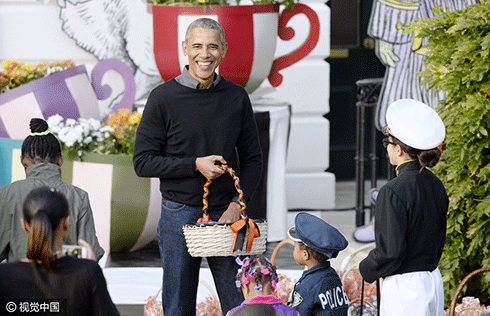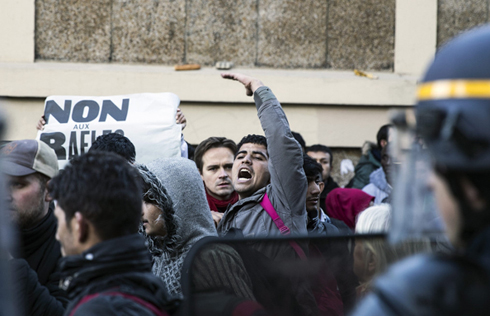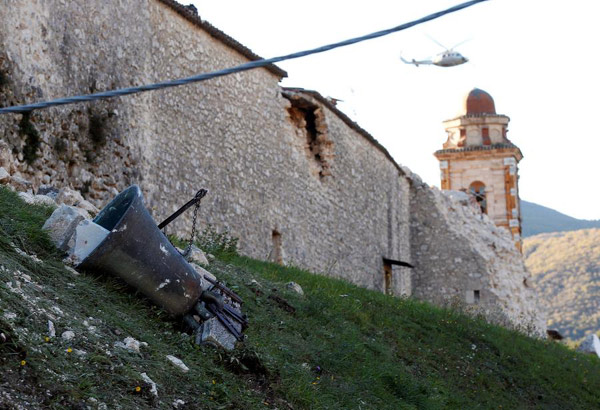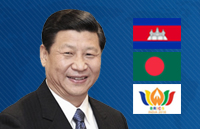Germany says Mali intervention not long-run solution
MUNICH, Germany - German Defence Minister Thomas de Maiziere said on Friday that military intervention is necessary to resolve problems in Mali, but it is not a solution in the long run.
"It is clear that it was right and imperative for France to intervene," said Maiziere in his opening speech for the 49th Munich Security Conference, which started Friday afternoon and would last until Sunday.
"A military intervention was necessary to create the minimum conditions for a political process in the first place," he said. "But as we are all perfectly aware: Military intervention only marks the beginning of a long process towards long-term conflict resolution."
Troops from France and Economic Community Of West African States (ECOWAS) member states were fighting along with Malian armies against rebels from the north of the West African country.
Germany had sent transport planes to Mali as a logistical support for ECOWAS soldiers and provided humanitarian aid of millions of euros.
But both German Chancellor Angela Merkel and Foreign Minister Guido Westerwelle denied to send troops there.
"Just because you have a hammer, it does not mean that every problem is a nail," Maiziere quoted a recent Atlantic Council report as saying, noting that "military superiority in its traditional sense no longer guarantees a lasting settlement of a conflict."
"Developing and establishing viable peacekeeping structures, especially by building-up security structures, is a highly complex process. This is also a lesson learned from Afghanistan." He added.
On the three-day-agenda of the Munich Security Conference, topics on Mali, as well as Syria and Iran's nuclear program are prominent.
Officials scheduled to join the discussions include French Defence Minister Jean-Yves Le Drian, UN-Arab League special envoy on Syria Lakhdar Brahimi, Syrian opposition leader Sheikh Moaz Al-Khatib, and Iran Foreign Minister Ali Akbar Salehi.

















